9 Essential Life Lessons for Your Twenties to Avoid Regret Later

Table of Contents
Your twenties often feel like a whirlwind – a confusing blend of independence, ambition, uncertainty, and discovery. It’s a decade where you’re figuring things out on the fly, making mistakes, learning hard truths, and slowly building the foundation for the rest of your life.
Looking back, there are several life lessons I wish I’d known during those formative years – truths that would have saved time, heartache, and a lot of unnecessary stress. If you’re in your twenties or even beyond, these life-changing insights might help you navigate your own journey with more clarity and confidence.

1. Know Yourself And Find Your Ikigai
One of the most important life lessons for your twenties is understanding who you are and what you truly want in life so that you can begin building towards it. This doesn’t mean having every detail mapped out – just a rough direction is enough. As you grow and learn, your plans will shift and evolve. You might believe that a certain job or lifestyle is your dream, only to realise later that it leaves you unfulfilled or even miserable. If that realisation comes once you’ve settled into long-term commitments like marriage or a mortgage, making a change becomes far more complicated.
It’s also common to lose your sense of self in certain roles. For instance, many women who become mothers find themselves so immersed in that identity that they forget who they were before having children. Years later, when the kids are grown and independent, they struggle to reconnect with their own passions, interests, and sense of purpose.
That’s why it’s crucial to get to know your likes and dislikes, your values, your strengths, and what energises you. It’s not about finding one fixed answer but embracing a journey of introspection, exploration, and continuous growth. You’re allowed – even encouraged – to change your mind, try new things, and evolve. Your twenties are a time for experimentation, and the more you engage with that process, the clearer your direction will become.
If you do what you love, you’ll never work a day in your life. – Marc Anthony
A useful concept in this process is Ikigai, a Japanese philosophy that means “reason for being.” It helps guide your exploration by focusing on the intersection of four key elements:
- What you love
- What you are good at
- What the world needs
- What you can be paid for
When these four areas overlap, you find a sense of purpose and fulfilment in your work and life. Finding your Ikigai isn’t a one-time decision – it’s a gradual unfolding. Start by trying different things, paying attention to what brings you joy, what challenges you in a good way, and what feels meaningful. Take up internships, passion projects, hobbies, part-time gigs – anything that feeds your curiosity.
You may not get it right straight away, and that’s fine. The idea isn’t to find the “perfect” path but to stay connected to yourself as you move forward. Ikigai isn’t just about work – it’s about living a life that feels aligned with who you are. Give yourself permission to explore widely, reflect deeply, and change direction as needed. The more honest you are with yourself, the closer you’ll get to your unique version of fulfilment.
I can only recommend to read the book Ikigai: The Japanese Secret to a Long and Happy Life by Héctor García and Francesc Miralles!
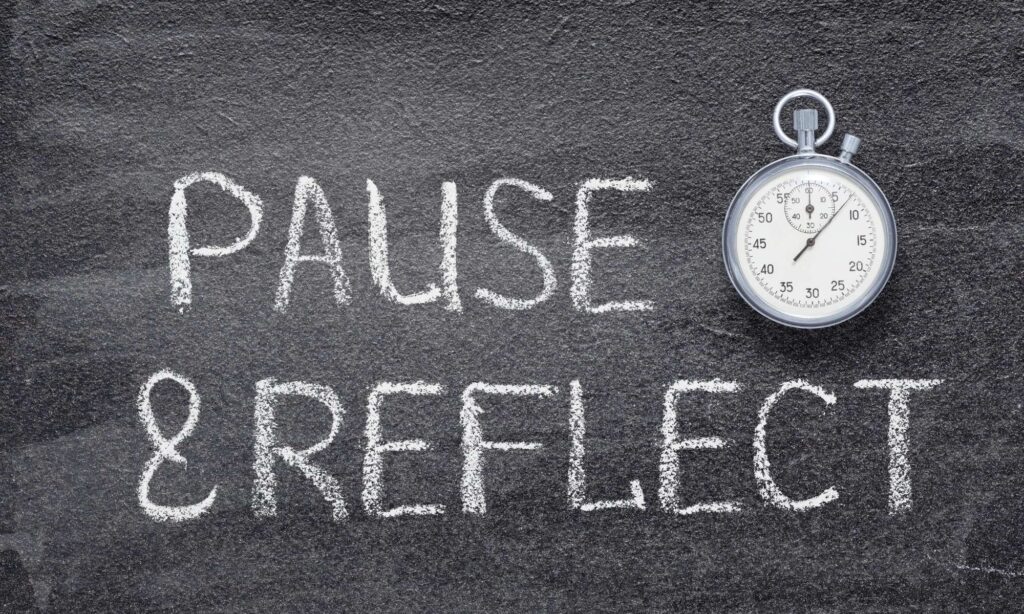
2. Take Responsibility for Your Life
One of the hardest – and most liberating – life lesson for your twenties you’ll ever learn is this: no one is coming to save you. You are accountable for your own life. If you want something, go get it. If you want to change something, change it. Waiting around for circumstances to shift, for someone to give you permission, or for things to magically “get better” will only keep you stuck.
Taking responsibility doesn’t mean blaming yourself for everything that goes wrong. It means recognising your own power in any situation. If you’re unhappy at work, pause and reflect. Is it your boss? The work itself? Or could it be how you’re showing up? Maybe your attitude, communication style, or boundaries need adjusting. Self-reflection is a powerful tool that can open your eyes to patterns you’ve never noticed before – and once you’re aware of them, you can take steps to improve.
You can’t control everything, but you can control how you respond. That’s where your real power lies. It’s tempting to play the victim – to point fingers, make excuses, or wait for someone else to change. But taking accountability puts you in the driver’s seat of your own life. It’s a mindset shift that transforms how you handle challenges, relationships, work, and personal growth.
Start asking yourself the tough questions:
- What part did I play in this situation?
- What can I learn from this?
- What action can I take today, no matter how small?
When you begin owning your story – all of it – you unlock the freedom to rewrite the parts that no longer serve you.
The book which taught me that was “The Subtle Art of Not Giving a F*ck” by Mark Manson. Definitely a must-read! Another nice one on this topic is “Extreme Ownership” by Jocko Willink and Leif Babin.
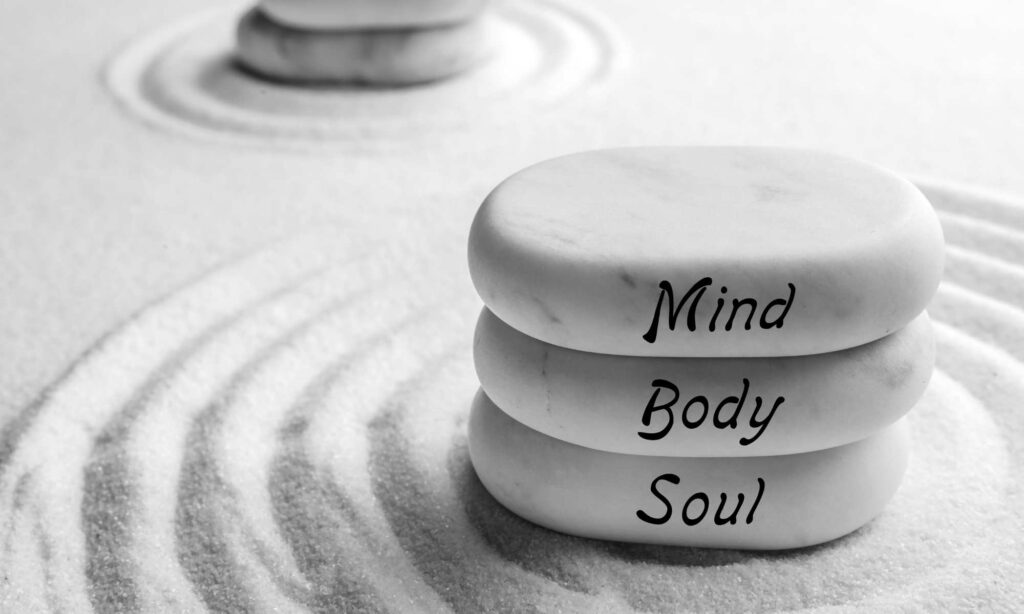
3. Your mental health is just as important as your physical health
In your twenties, it’s tempting to burn the candle at both ends – juggling work, relationships, social life, and endless expectations. But mental health isn’t something to ignore or put on the back burner.
Stress, anxiety, and burnout are real and can quietly erode your well-being. It’s important to develop emotional awareness – to recognise when you’re overwhelmed, when you need rest, and when something feels off. Seeking therapy or counselling should never be seen as a weakness. Talking to someone can help you unpack thoughts, identify patterns, and develop coping mechanisms.
Mindfulness practices such as meditation, deep breathing, or journaling can ground you in the present moment and reduce anxiety. Apps like Headspace, Calm, or Insight Timer can be good starting points. Yoga and physical movement also play a powerful role in supporting mental health by reducing stress hormones and improving mood.
Boundaries are another crucial aspect of protecting your mental space. You don’t have to say yes to everything or everyone. Saying no doesn’t make you selfish – it makes you responsible for your own energy.
And don’t forget the basics: sleep, hydration, nutrition, and time in nature. These simple, foundational habits are often overlooked but have a profound effect on your mental resilience. Being mentally strong is not about pushing through everything – it’s about knowing when to pause, reflect, and recharge.

4. Take Care of Your Physical Health
When you’re young, your body feels invincible. Late nights, skipped meals, no exercise – it all seems to bounce off. But the habits you build in your twenties lay the foundation for your long-term health. And by the time you hit thirty, if you haven’t been taking care of your body, it will start to show – in low energy, chronic pain, poor posture, or weight gain that’s harder to shake.
Now is the time to build a strong, resilient body that will carry you through the decades. That doesn’t mean chasing unrealistic fitness goals or obsessing over aesthetics. It means nourishing your body, moving it with care, and respecting its needs.
Here are some fundamentals:
- Strength training: Build muscle, protect your joints, and boost your metabolism. Resistance training can help prevent injuries and increase bone density.
- Cardiovascular health: Include activities like brisk walking, swimming, dancing, or cycling to strengthen your heart and lungs.
- Stretching and mobility: Prevent stiffness and improve posture by keeping your body flexible and your joints mobile.
- Balanced nutrition: Eat a diet rich in whole foods – fruits, vegetables, whole grains, proteins, and healthy fats. Hydration is also key.
- Sleep and recovery: Prioritise rest. Your body heals and recharges while you sleep.
Caring for your body now means you’ll feel better, have more energy, and be able to enjoy life more fully for years to come.

5. Surround yourself with the right people
The people you spend the most time with have a huge impact on your mindset, habits, confidence, and overall well-being. Surround yourself with those who uplift, inspire, and challenge you in positive ways – people who celebrate your growth, support your goals, and offer honest feedback when needed.
That means making conscious choices about your inner circle. It’s okay to outgrow relationships that no longer serve you or to walk away from toxic dynamics, even if they’ve been part of your life for years. Choose friends and mentors who align with your values, who make you feel safe and seen, and who want to grow alongside you.
Remember: You become like the people you hang out with the most. Make sure those people are helping you become the best version of yourself.
6. Financial Literacy is a Superpower
One of the most crucial life lessons for your twenties is understanding how money works! It gives you freedom and choices, both of which are extremely important and often underrated. Financial literacy in your twenties is a game-changer – it helps you build a secure foundation, avoid debt traps, and make confident decisions.
Learn how to:
- Budget: Know where your money goes each month. Create a plan and stick to it.
- Save early and often: Even small amounts add up over time. Build an emergency fund and start investing.
- Avoid lifestyle inflation: Just because you earn more doesn’t mean you should spend more. Live below your means.
- Understand credit: Use it wisely, pay off balances monthly, and build a strong credit score.
- Invest for the long term: Start learning about mutual funds, retirement plans, and compound interest – your future self will thank you.
Financial literacy gives you control and confidence. Don’t wait to figure it out – the earlier you start, the better.
One of the must-reads in your twenties is Rich Dad, Poor Dad, which is the best when it comes to teaching financial literacy, how to avoid the so-called “Rat Race” by building passive income streams. My husband introduced me to it first thing in our relationship, and it was a life changer for me!

7. Experiences Are Important
While stability and routine are valuable, it’s the experiences – both big and small – that truly shape you. Travel if you can, explore new cultures, take on jobs that scare you a little, say yes to spontaneous adventures, and make space for play, art, creativity, and connection.
Experiences expand your world, teach you resilience, and help you discover what brings you joy. They create memories and stories that last far longer than material things. Prioritise experiences over possessions – they enrich your life in ways no object ever could.
8. You Are Allowed to Make Mistakes
Perfection is a myth, and the pursuit of it can be paralyzing. Mistakes are not just inevitable – they’re necessary. They teach you what no textbook ever can: how to be resilient, adaptable, and wiser.
In your twenties, you’re supposed to stumble. You’ll take jobs that don’t suit you, trust the wrong people, say the wrong things, and make choices you’ll later question. That’s part of growth. What matters most is how you respond – not whether you get everything right the first time.
Give yourself grace. Learn to apologise when needed, course-correct when necessary, and laugh at your missteps. The goal isn’t to avoid mistakes but to build the confidence and humility to grow from them.
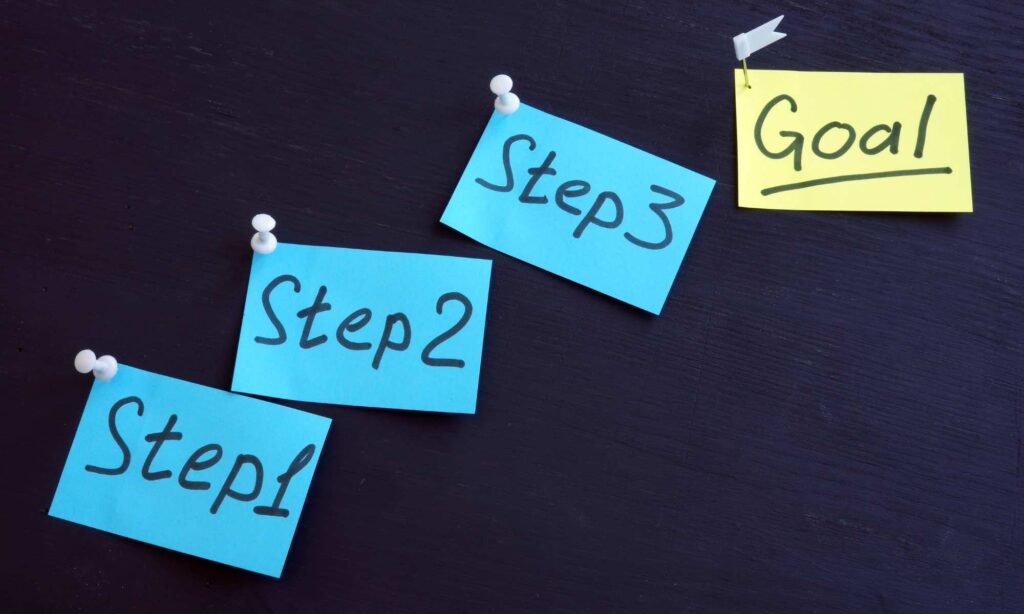
9. Learn to Organise Your Life And Set Achievable Goals
Disorganisation can lead to missed opportunities, stress, and a sense of overwhelm. The earlier you learn to manage your time, tasks, and goals, the more in control you’ll feel.
Start with these tips:
- Use a planner, calendar app, or digital tool to map out your week
- Break big goals into smaller, actionable steps
- Prioritise your tasks using methods like the Eisenhower Matrix or time blocking
- Set SMART goals – Specific, Measurable, Achievable, Relevant, Time-bound
- Schedule regular reviews to track your progress and make adjustments
Goal-setting is not about pressure – it’s about direction. When you know where you’re headed and have a plan to get there, life becomes more purposeful and less chaotic.
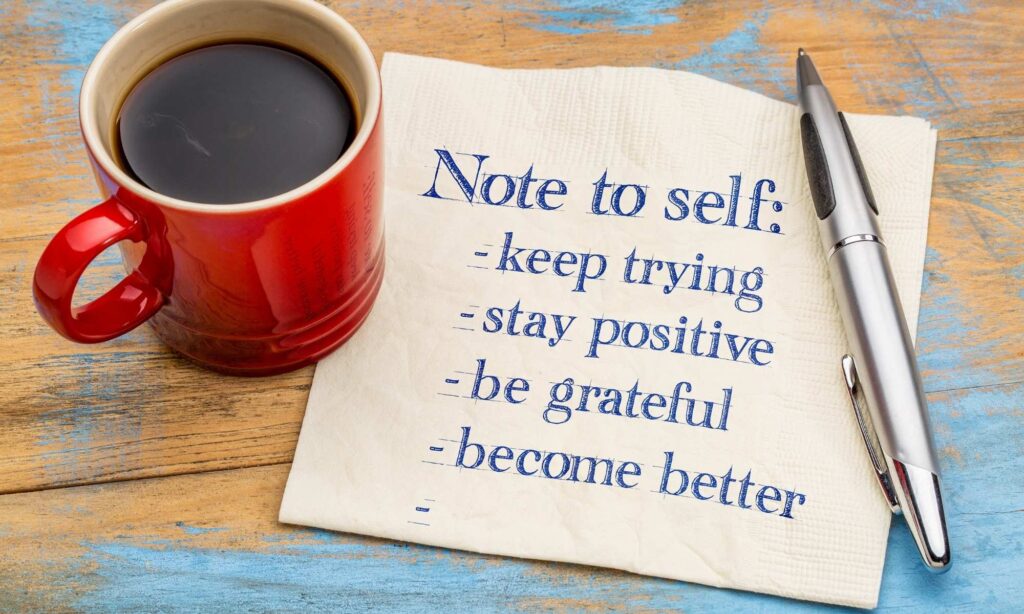
Bonus Lesson: Be a Good Human – Define Your Core Values And Live By Them
In a world that often prioritises image, success, and competition, it’s easy to lose sight of what truly matters. But being a good person – one who is kind, honest, and grounded in their values – is one of the most powerful things you can do.
Start by identifying your core values. These are the guiding principles that shape your decisions, behaviours, and relationships. For example: integrity, empathy, fairness, authenticity, and responsibility.
Living in alignment with your values brings clarity and peace of mind. It helps you navigate difficult decisions and build meaningful connections. Kindness, humility, and compassion are never wasted – they build trust and make the world a little better.
Don’t aim to be perfect – aim to be real, to grow, and to leave a positive impact wherever you go.
Final Thoughts
Your twenties are not a race to some ideal destination. They’re a playground for self-discovery, experimentation, and growth. You don’t have to have it all figured out. In fact, no one really does – not even in their thirties, forties, or beyond.
Take your time, invest in yourself, stay curious, and trust that every experience – even the uncomfortable ones – is shaping you into the person you’re meant to become. Life isn’t a straight line. It’s a wild, beautiful, messy journey. And you’re doing just fine.
Disclaimer: As an Amazon Associate I earn from qualifying purchases.



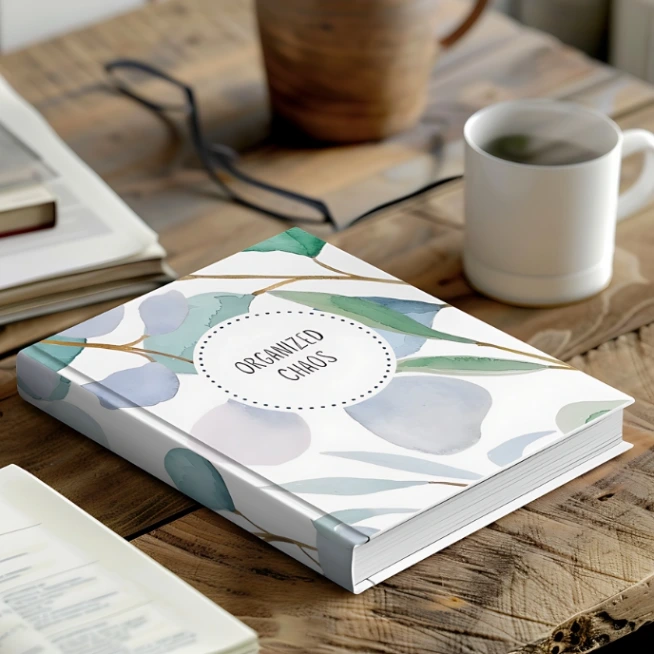




One thought on “9 Essential Life Lessons for Your Twenties to Avoid Regret Later”